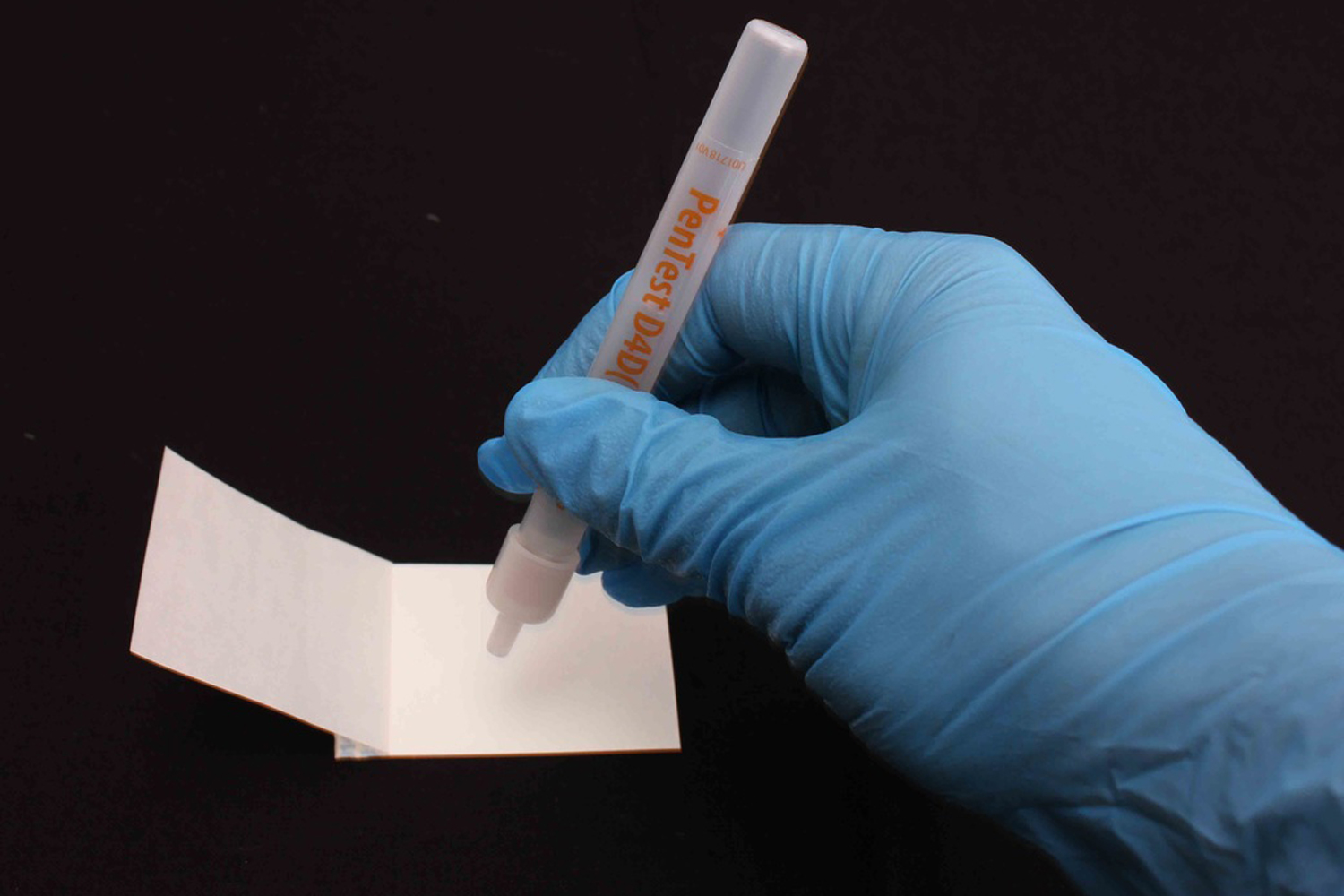
It’s no secret that the use of ice in Australia’s rural regions is rapidly growing to plague-like proportions and the shearing industry is not immune to its insidious reach.
Disturbing stories of shearers and roustabouts turning up for work high on drugs, behaving aggressively, and harming sheep deliberately or through poor shearing coincide with new figures showing use of the highly addictive drug crystal methamphetamine is twice as common in Australia’s rural areas and regional towns as in capital cities.
Methamphetamine acts as a stimulant in the body and in the laborious and repetitive environment of the shearing shed, combined with the long hours and often legendary hard-living lifestyle of shearers means that ice use is seen by some as the means to get through the day.
The wider wool industry is also deeply concerned as animal welfare organisations such as PETA (People for the Ethical Treatment of Animals) link the issue of drug-addled shearers with industry cruelty to sheep, potentially threatening the reputation of Australia’s $3 billion wool trade with global buyers and welfare-conscious consumers.
Since shearers are paid by a ‘tally’ system, which means that the more sheep they shear, the more they get paid, rewards throughput at the expense of wool quality or animal welfare.
It’s not unknown for shearers to use ice before work or in their vehicles during breaks in the two-hour shearing “runs”, in the belief it gives them extra stamina and an ability to shear more than the standard 150 sheep a day, so increasing their pay cheque.
Most farmers have a zero-tolerance to drug-taking employees and contractors as they are ultimately responsible for any accidents or incidents occurring on their property. As well, they are increasingly concerned about protecting their valuable sheep from abuse and the loss of revenue from damaged fleece as a result of aggressive, drug-fuelled shearers.
National Farmers Federation president Fiona Simson said the impacts in business include absenteeism, lost productivity, lower quality of work and risks to workplace safety and the effect of all these factors on team and group morale.
“Just ‘dobbing in your mates’ won’t fix the problem – it’s a complex issue that requires a coordinated effort from everyone in the workplace – including employers, employees and contractors,” she said.
Many farms now have mandatory drug testing for all employees and will only hire contractors who have implemented similar policies with their employees. A positive drug test often leads to instant dismissal.
Of course, it’s not just the shearing industry that’s affected by ice use in Australia’s rural areas. Recent research conducted by Flinders University’s National Centre for Education and Training on Addiction found that crystal meth use had skyrocketed 150% in regional towns between 2007 and 2013, compared to a 16% increase in major cities.
As a result, there’s little doubt that ice is being used in company vehicles and in workplaces and by workers on their way to work.
Besides the obvious harm users are doing to themselves, the toxic chemicals from the vapour are coating and contaminating all of the surfaces it touches. This presents a hazard to anyone else coming in contact with it and a further health and safety issue for employers where company vehicles and property are being contaminated by meth residue.
If you suspect that someone you employ may be using ice, or any other illicit drugs, and you need some degree of proof before tackling this issue with them, a surface test allows you to test items they have been in contact with, or vehicles they have operated for a preliminary, presumptive result.
The Narcotect D4D PenTest kit is ideal for discrete workplace testing as it can be conducted after hours and is non-invasive as you are taking swab samples from company -owned property rather than from workers.
Narcotect urine and saliva test kits can then be used, in accordance with your company’s Drug Testing Policy, for conclusive evidence of drug use.




